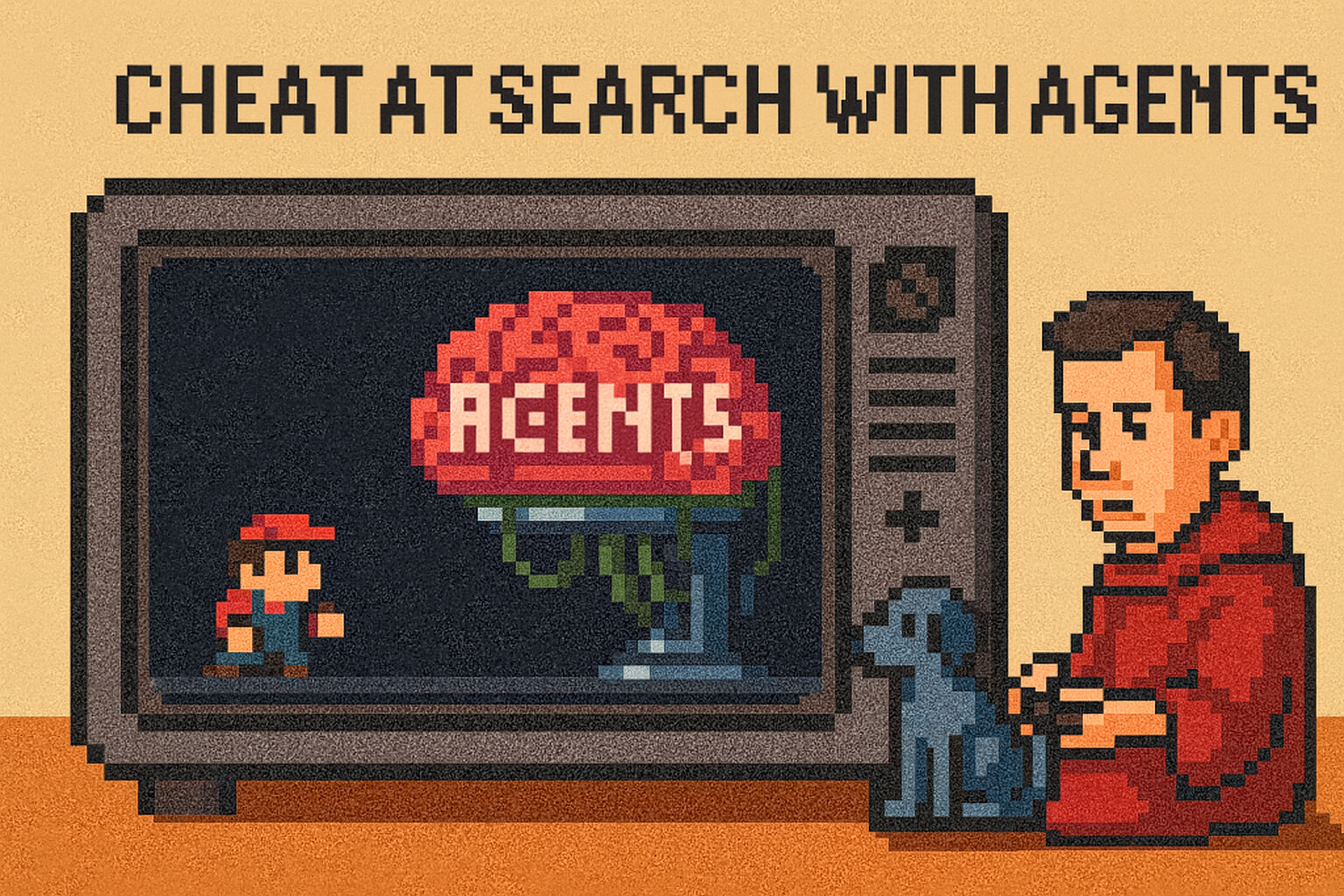Big companies suck at uncomfortable conflict. Probably being the thing that slows them down from competing with smaller ones…
How many times as a manager, do you have to be a bit of a therapist/shoulder to cry on? That’s a really important part of the role. Yet issues persist. Team members have fundamental differences in approach. Managers ignore the problem.
As a manager, you need to be group therapist, coach, and decision maker. You must pull uncomfortable conversations to the surface - the ones everyone unconsciously avoids. You need to force the digging deep, about fundamental ideas and values, until it’s solved.
Many would rather just avoid discomfort, or encourage avoidance out of fear of people getting upset, etc. Many see “being upset” as a problem, rather than a side effect of people caring a lot. Many fear themselves getting a little upset or passionate about their ideas. Big companies, financially, CAN tolerate this avoidance for a long time. It can really fester - ultimately slowing organizations when team members work cross-purposes, passive-agressively snipe each other, disengage from work, and row in opposite directions.
From the book Radical Candor, the author talks about trying to maximize the dimensions “caring personally” and “challenging directly”. But she also says its better to be seen as obnoxious (challenge directly but not care personally) than stay silent. It’s better to be seen as a little deficient in EQ than hold back. The worst case is of course asshole-founder-tech-bro syndrome (founder mode). While damaging in other ways, this actually works better in the near term than the never handling a problem. It cuts through a lot of crap, even if it can leave a trail of damaged employees in its wake.
Its better to err towards the tough conversation - pulling to the surface uncomfortable topics - even as we develop or EQ skills.
People may get upset - and we need to be OK with that! Sure, we need to regulate it, but we can’t avoid it entirely.
The main challenge becomes - can employees repair? Interview for people eager to have tough conversations. Who care, repair, and forgive. Who want to be better at the skill of “tough conversation”. We talk about this as “feedback” but IMO “feedback” doesn’t go far enough, it needs to be about digging deep, expressing values, and being vulnerable about what matters to us.
And - perhaps most importantly - can you give some space for everyone to have voice in the conflict? Can you create a space where you set up ground rules for conflict (ie attacking the problem, not people). Can you maximize also “caring personally” dimension that gives air to the quiet voices? Can you encourage the employees who often come to complain 1-1, but struggle to speak up in group meetings?
I think you’ll be surprised that people actually feel closer after the conflict. They will feel more engaged and energized without this cloud of disagreement over their heads.
That’s all really hard, and frankly, many managers want nothing to do with it. Without it, you may find your organizations progress grinding to a halt, with unheard employees that quiet quit, and products that never ship due to the see-saw of direction changes.
Enjoy softwaredoug in training course form!
Starting Feb 2!
 I hope you join me at Cheat at Search with LLMs to learn how to apply LLMs to search applications. Check out this post for a sneak preview.
I hope you join me at Cheat at Search with LLMs to learn how to apply LLMs to search applications. Check out this post for a sneak preview.
